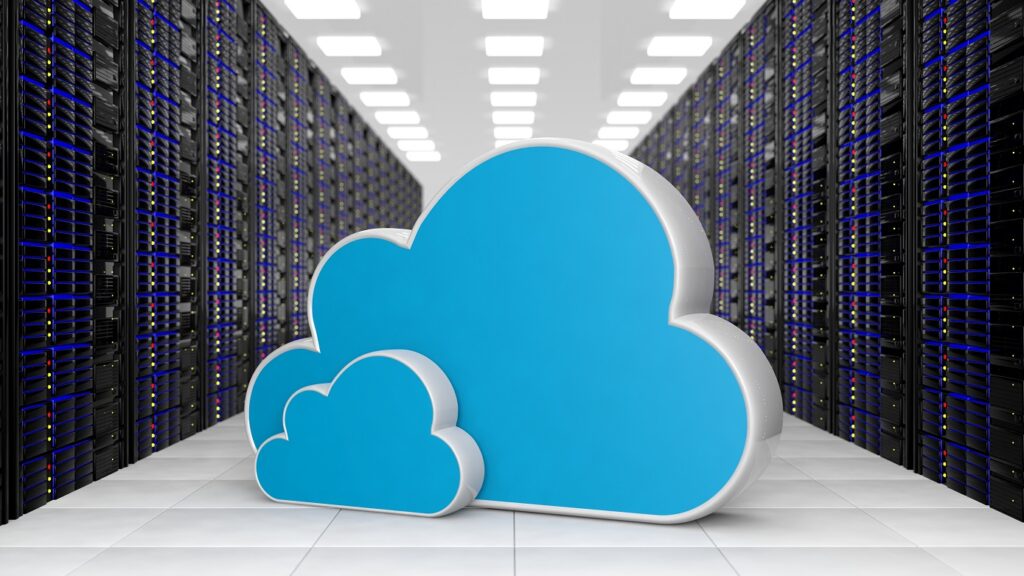Right now, your data backup plan might be something that’s furthest from your mind.
Your probably focusing on getting remote working set up for your workforce. For some businesses, remote working is quite routine, but for many others, it’s daunting and potentially disruptive in the short term.
But things will settle down, and once you’ve identified any issues, you’ll be back up to maximum productivity. You may even find that remote working increases productivity due to less distractions and better wellbeing.
However, your data backup plan must now become a priority. Businesses live or die by their business continuity plans, and if you’re not prepared for downtime or loss of data, you could find yourself in a difficult spot.
Why now?
Well, with your working arrangements changing so drastically, guaranteeing persistent access to your data is essential.
With your team working in a variety of places, and in different conditions, your regular backup plan might not be able to support the requirements of your team (Or maybe it can – but your won’t know unless you review it!)
The cost of downtime is enormous, and working remotely offers different sorts of challenges to those in the office.
For example, if someone falls sick and is unable to work, are you able to retrieve their work and pick up where they left off? Do you have the collaborative tools to deal with disruption like this?
What if a key member of staff suffers an electricity or broadband outage and they cannot work? Perhaps someone suffers a phishing or ransomware attack whilst working at home, potentially losing your data forever.
Perhaps you have a really strong data backup plan in your workplace but have never had reason to test it with large-scale remote working. The key message is this: caution and diligence are best practices in a time like this.
What is your current data backup plan?
The first place to start is looking at what you currently do.
Does someone do a manual backup of business data to tapes or an external drive? If so, are they still able to do this whilst you’re not on-site?

Regardless, manual backups like this are not recommended whether you’re working on-site as normal or working remotely.
People can be careless; perhaps your designated person fails to back your data up one day, and that day happens to be the day that you suffer a cyber attack or an outage. Maybe they get into a habit of not backing up for extended periods of time.
In short, manual backups are unreliable. Hardware can fail, people forget, and actually, backing up only once per day (at best) is not prudent. It’s an admission that you can afford to lose a whole day’s worth of work, which not many businesses can.
And if you don’t have a data backup plan at all? Well, it’s time to start looking at implementing one as soon as possible!
So, what should your data backup plan look like?
You need to look at what our business relies on, identifying the data that must be safeguarded is a routine step.
For example, consider the following:
Files and documents
Documents are among the first things considered when it comes to backing up data. And it’s easy to understand why. People rely on spreadsheets, PDF, and the confidential data contained within these in order to continue running as normal.
Working in SharePoint, Teams, and Office 365, we maintain much of our content in the cloud as well as on encrypted hard drives. But in addition to this, we run dedicated ‘Software-as-a-Service’ backup solutions to keep our data secure. After all, whilst it’s Microsoft’s responsibility to keep the service running, we’re responsible for the security of the data that we place in the cloud.
Customer Relationship Management (CRM) System
A CRM system is typically the lifeblood of a businesses’s operations, from admin, to sales & marketing, to service delivery staff – everyone is reliant on its availability. In addition to our CRM system being cloud-enabled, we use an additional backup solution to keep our customer data secure and always available.
VoIP Telephone System
Our internet-enabled telephone system is paramount to what we do – it not only keeps us connected to our customers, but also internally.
In addition to having backup technology to fall back on (diversifying your options are essential), we also utilize a similar data backup plan to our CRM system.
The majority of business communications are sent via email, so we need our email clients running as normal, virtually all of the time. Downtime can result in lost business and confusion.
Email Continuity is a feature built into our email security solution. This means that on the rare occasion that our primary email client stops working, or becomes unavailable, we can replicate the entire email environment in the cloud, ensuring 100% uptime!
If you’re working in the cloud, your provider should offer some form of backup (in addition to your cloud copies). If they don’t, you can look at either moving providers or a 3rd party option. We can advise you on either option.
Critically, your data backup plan should be automatic and set to back up your data around-the-clock, rather than once daily. For example, one of our partner’s options allow you to back up your data as often as every 15 minutes, meaning you’re fully protected against downtime.
Computer Customized Services, Inc. has over 30 years of industry experience helping companies like yours improve their IT infrastructure. Your business is priority to us and we’ll always be here for you when you have questions or concerns. Contact us to learn more about our solutions and what we can do for your business.

